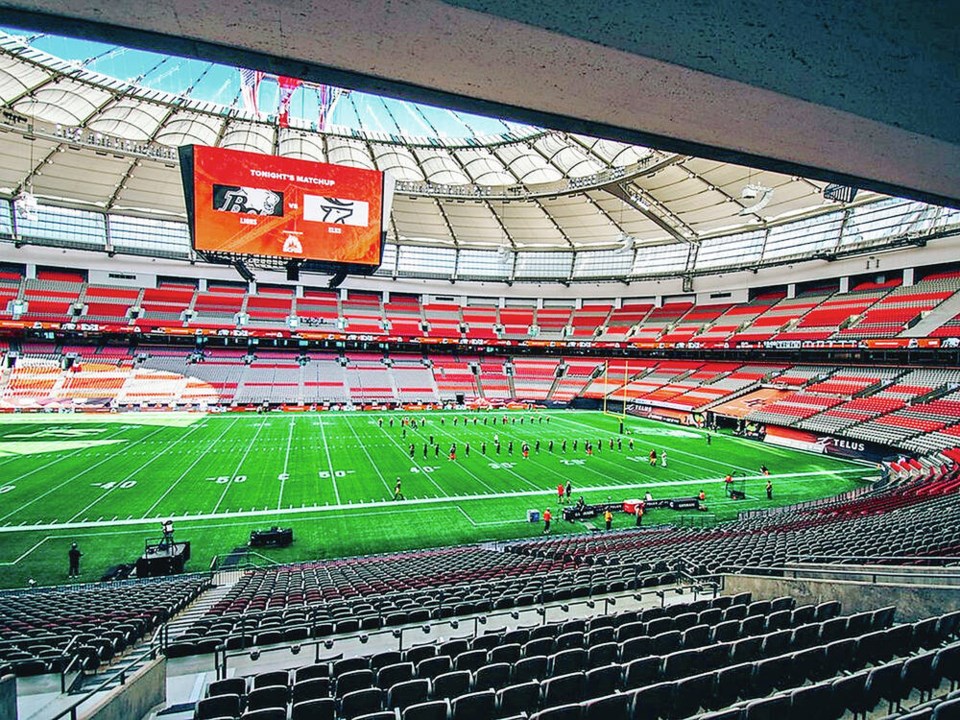The cost to host the seven World Cup 2026 soccer games at B.C. Place Stadium will be between $483 million and $581 million, the provincial government announced Tuesday — double the initial estimate.
The original cost estimate in 2022 — after the province reversed its 2018 decision not to pursue hosting the World Cup — was $240 million to $260 million.
“When we got the initial numbers, it was before we had a full understanding of the requirements,” said Lana Popham, minister of Tourism, Arts, Culture and Sport, in a media briefing Tuesday.
“We didn’t know how many games we were going to get. A lot of things have changed since that original estimate.”
Popham said the province is now confident its current estimate is accurate. “We believe taxpayers will be getting the most for that money,” she said, noting that the World Cup is expected to attract 3.5 billion viewers
“There’s going to be a lot of eyes on B.C. This is an experience that is once in a lifetime for British Columbia.”
Costs are expected to be offset by $383 million to $436 million in estimated revenues and recoveries, the province said. It has not revealed how exactly costs will be split between the province and City of Vancouver.
The federal government is contributing $116 million toward hosting the seven games at B.C. Place. There will be five group-stage games in Vancouver, including two featuring Canada, and knockout games starting with the round of 32 and round of 16.
“FIFA 2026 will unite our country like nothing else can,” said Carla Qualtrough, federal minister of Sport and Physical Activity. “Canadians from coast to coast to coast will be cheering on Team Canada as well as teams from all over the world. It will inspire our kids to dream big.”
Popham, who represents Saanich South, said she envisions impacts well beyond just downtown Vancouver, with big-screen watch parties across the province.
“I can see B.C. communities competing for who has the best fan fests. We are starting on conversations now with communities about what that could look like for them.”
Greater Victoria was among 52 training-base options across the continent presented to FIFA in the official bid book put forward by the U.S./Canada/Mexico United Bid, which in 2018 won the right to host the 2026 World Cup.
Popham said the province doesn’t yet have information on where the training camps will be, “but there’s a lot of work that’s being done on them. We should be able to have locations over the next few months.”
Keith Wells, executive director of the Greater Victoria Sport Tourism Commission, said he’s waiting to learn more from the province.
Toronto is the other Canadian host city for World Cup 2026, hosting the other six games of Canada’s 13 of the 104 games that will be played.
The U.S. host venues are Lumen Field in Seattle, along with San Francisco, Los Angeles, Kansas City, Dallas, Atlanta, Houston, Boston, Philadelphia, Miami and New York/New Jersey.
The latter will host the final at MetLife Stadium. The Mexican host venues are famed Azteca Stadium in Mexico City and stadiums in Monterrey and Guadalajara.



